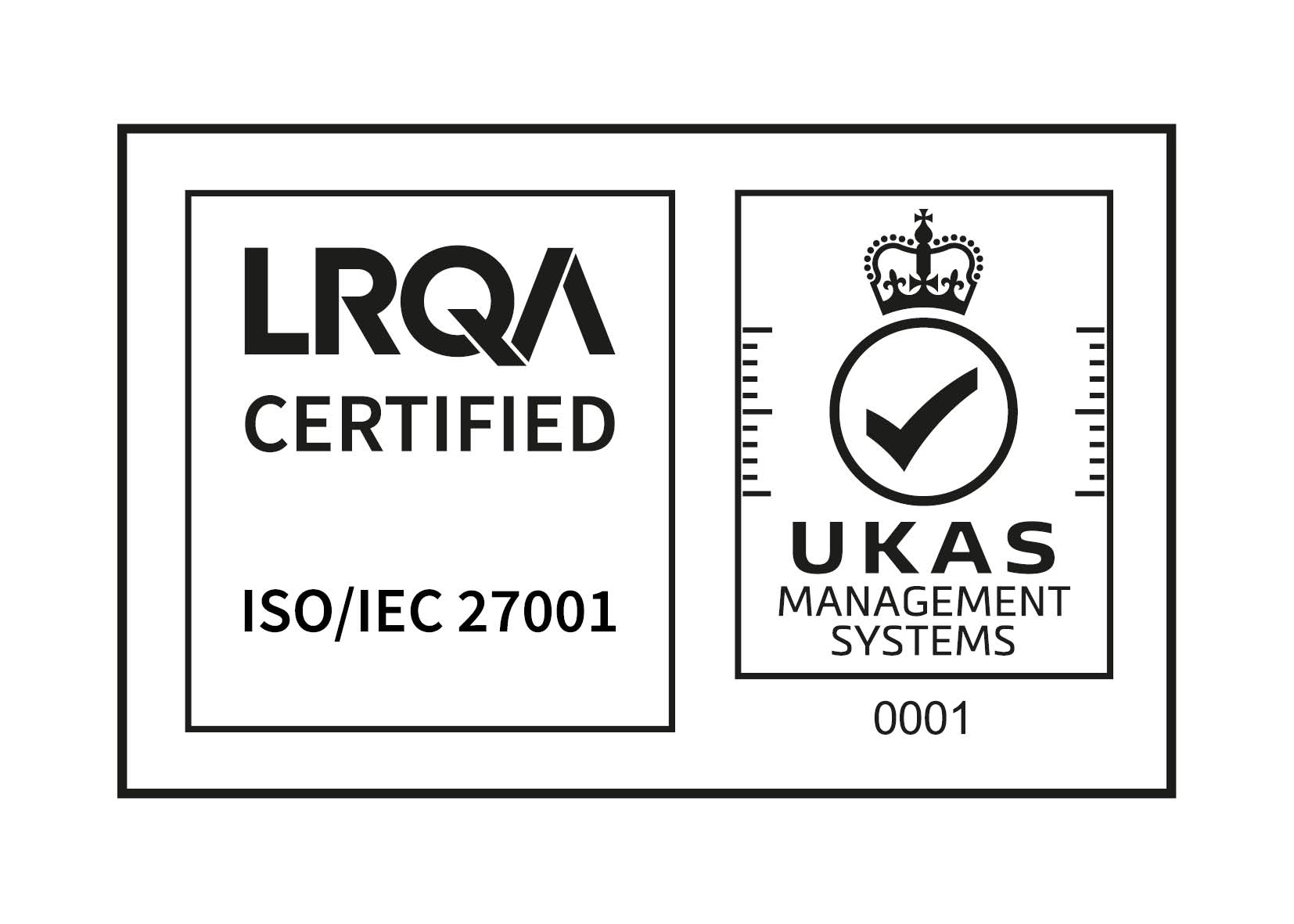[市場分析] Weather the Storm of Market Volatility
Weather the storm of market volatility
Financial markets have experienced considerable volatility this year. Wall Street has wrapped up the worst first half for stock performance in decades, and the annual US inflation rate unexpectedly hit 9.1 percent in June, the highest since December 1981. To combat inflation, the US Federal Reserve has raised the target range for the federal funds rate by 75 basis points to 2.25-2.5 percent, another aggressive interest rate hike since 1994. As a result, Goldman Sachs’ Financial Conditions Index has tightened by about 100 basis points since April, which is enough to reduce the US GDP growth by about 1 percent.
Recession fears are growing. At the same time, global supply chain issues, military conflict in Eastern Europe, Omicron and China’s quarantine policy are putting even more pressure on the global economy and inflation risk. Key stock indexes have recorded significant losses since the beginning of the year.
Managing wealth in a fluctuating market is challenging. But up and down cycles are the nature of markets, and it is important to develop a holistic wealth management plan to “weather the storm” in the long run. This plan should be comprehensive and take into consideration of each client’s needs for family protection, children’s education, wealth preservation, succession plans and other related areas. A well thought through wealth management plan helps guide long-term investment strategy, so a family or business should not lightly abandon their plan because of short-term market turmoil.
Market fluctuations may cause short-term losses that often trigger fear and anxiety. It is human nature to worry and feel under pressure when we lose expected gains to the market. That’s why it is important to execute a wealth management plan with discipline instead of letting emotions drive investment decisions.
Staying diversified is key to overcome market volatility. Beside stock investments, other investment assets such as real estate, commodity, precious metals, high-yield dividend stocks and bonds are all alternative options. Some asset classes such as real estate and gold are traditionally considered as inflation hedge assets and are less correlated with stock markets. International diversification is also an important strategy. As the global supply chain is rebalancing, while becoming “less centralised”, several emerging Asian economies such as Vietnam and Indonesia will likely benefit from current capital moves and provide good long-term investment opportunities.
Another key to living with market volatility is focusing on long-term results. Insurance products are gaining popularity as a wealth preservation tool focusing on averaged long-term returns. Insurance companies invest policy assets on a very diversified basis, so they are able to “smooth-out” the returns between the good and the bad years, with the goal of generating stable and predictable returns over the long-haul. This strategy would not be easy to match by individual investors due to the vast portfolio size and research capabilities of insurance companies.
With our expertise in the insurance and wealth management industry, Lioner is able to analyse each client’s specific needs, provide bespoke advice and help develop a long-term wealth management plan for clients all over the world, each with their own unique situation and goals. By leveraging a wide range of financial tools and partnerships, Lioner can help support client’s evolving needs no matter which business cycle we are in and navigate through any storm as we are our clients’ “lifelong companions”.

